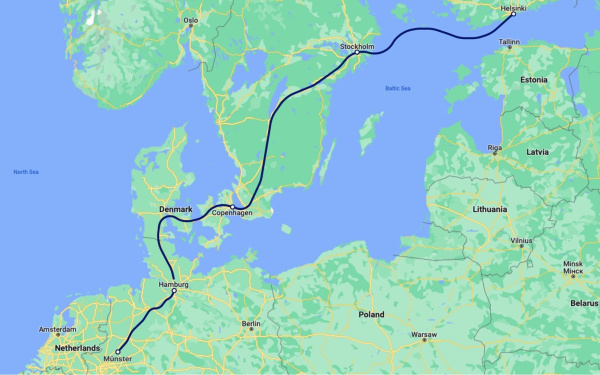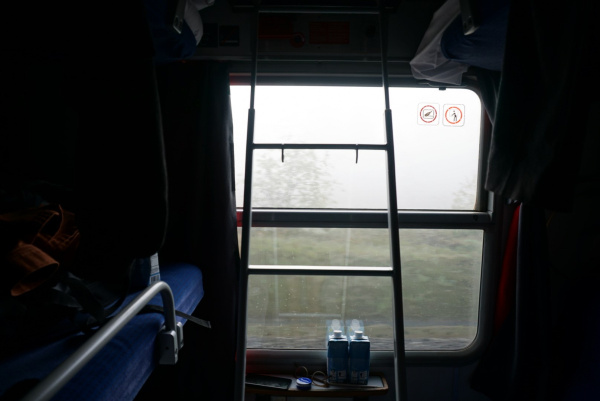
Do lifestyles really matter when it comes to climate change? D-mat’s CEO, Michael Lettenmeier, has resoundingly argued in favour of 1.5-degree lifestyles in a saga in Finnish media regarding air travel and vacationing.
It is certainly worth examining the broader issue of lifestyles and the impacts of fast vacations. On average, around 13% of a Finn’s lifestyle carbon footprint is caused by air travel. However, while around half of Finns do not fly every year, for those who do, the share of these aviation emissions can account for a quarter and easily even more of their carbon footprint. As Lettenmeier argued in an interview with the Finnish broadcasting company YLE: “This shows that we are not talking about a trivial matter when looking at the personal carbon footprint”.
Emissions from air travel have a greater impact on the climate than comparable emissions on the ground. In fact, they need to be multiplied by about three to reflect the true climate impact, estimated on the basis of the Radiative Forcing Index (RFI). Public awareness on the topic has certainly increased – with good reason, as Finnish people are flying much more than what the global average is.
The discussion was originally sparked by news of last summer’s rampant wildfires all over Southern Europe. So far, CEO Lettenmeier has had the chance to assess the climate impact of air travel in a wide range of media interviews. These include the largest Finnish news medias of Helsingin Sanomat and national broadcaster Yle.

The important conversations on the topic continued in the Finnish media at the beginning of January 2024 regarding Arctic tourism to Finnish Lapland: how can the current tourism model have a future compatible with 1.5-degree living? “Air travel to Lapland alone deprives more than 250 000 people of the conditions of life in this world – one and a half times the population of the province of Lapland”, Lettenmeier explained in a recent interview.
The IPCC has since 2022 highlighted the need for lifestyle changes, as without demand-side changes the 1.5°C target may no longer be reached. According to the IPCC, mitigation measures based on lifestyle changes are inevitable to deliver well-being and a decent standard of living for all. Lifestyle changes are required to go hand in hand with policy changes, and in terms of more sustainable lifestyles, reducing air travel is an important place to start.
Anri Liikamaa, D-mat
Source of pictures: D-mat
Please read also our related blogpost on Travel without flying, and news item on Redefining Travel Quality.

